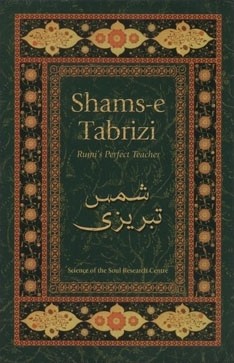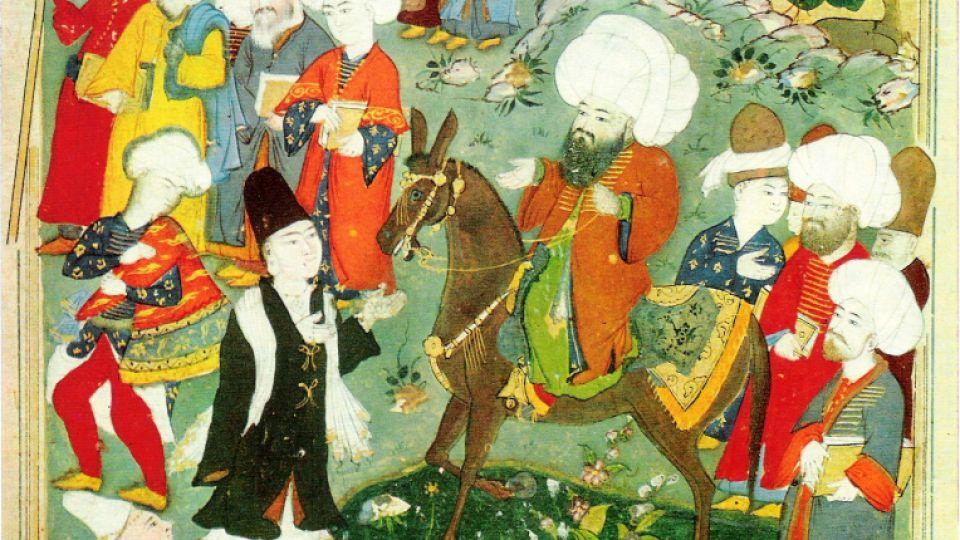

Rumi expresses his appreciation: "Attar was the spirit, Sanai his eyes twain, And in time thereafter, Came we in their train" and mentions in another poem: "Attar has traversed the seven cities of Love, We are still at the turn of one street". The most important influences upon Rumi, besides his father, were the Persian poets Attar and Sanai. Greater Balkh was at that time a major centre of Persian culture and Sufism had developed there for several centuries. He was born either in Wakhsh, a village on the Vakhsh River in present-day Tajikistan, or in the city of Balkh, in present-day Afghanistan. Rumi was born to native Persian-speaking parents, originally from the Balkh, in present-day Afghanistan.

The term مولوی Mawlawī/Mowlavi (Persian) and Mevlevi (Turkish), also of Arabic origin, meaning "my master", is also frequently used for him.īowl of Reflections with Rumi's poetry, early 13th century. Mawlānā (مولانا) is a term of Arabic origin, meaning "our master". He is widely known by the sobriquet Mawlānā/Molānā (Persian: مولانا Persian pronunciation: ) in Iran and popularly known as Mevlânâ in Turkey. As such, there are a number of historical personages born in or associated with Anatolia known as Rumi, a word borrowed from Arabic literally meaning 'Roman,' in which context Roman refers to subjects of the Byzantine Empire or simply to people living in or things associated with Anatolia." According to the authoritative Rumi biographer Franklin Lewis of the University of Chicago, "he Anatolian peninsula which had belonged to the Byzantine, or eastern Roman empire, had only relatively recently been conquered by Muslims and even when it came to be controlled by Turkish Muslim rulers, it was still known to Arabs, Persians and Turks as the geographical area of Rum. Balkhī and Rūmī are his nisbas, meaning, respectively, "from Balkh" and "from Rûm" ('Roman,' what European history now calls Byzantine, Anatolia). Jalal ad-Din is an Arabic name meaning "Glory of the Faith". He is most commonly called Rumi in English. His poetry has influenced not only Persian literature, but also Turkish, Ottoman Turkish, Azerbaijani, as well as the literature of some other Turkic, Iranian, and Indo-Aryan languages including Chagatai, Urdu and Pashto. Translations of his works are very popular, most notably in Turkey, Azerbaijan, the United States, and South Asia. His works are widely read today in their original language across Greater Iran and the Persian-speaking world. His Masnavi (Mathnawi), composed in Konya, is considered one of the greatest poems of the Persian language. Rumi's works are written mostly in Persian, but occasionally he also used Turkish, Arabic, and Cappadocian Greek in his verse. Rumi has been described as the "most popular poet" and the "best selling poet" in the United States. His poems have been widely translated into many of the world's languages and transposed into various formats.

Rumi's influence transcends national borders and ethnic divisions: Iranians, Tajiks, Turks, Greeks, Pashtuns, other Central Asian Muslims, and the Muslims of South Asia have greatly appreciated his spiritual legacy for the past seven centuries. Jalāl ad-Dīn Muhammad Rūmī (Persian: جلالالدین محمد رومی), also known as Jalāl ad-Dīn Muhammad Balkhī (جلالالدین محمد بلخى), Mevlânâ/Mawlānā (مولانا, "our master"), Mevlevî/Mawlawī (مولوی, "my master"), and more popularly simply as Rumi (30 September 1207 – 17 December 1273), was a 13th-century Persian poet, jurist, Islamic scholar, theologian, and Sufi mystic originally from Greater Khorasan. Without proper rendering support, you may see question marks, boxes, or other symbols.



 0 kommentar(er)
0 kommentar(er)
